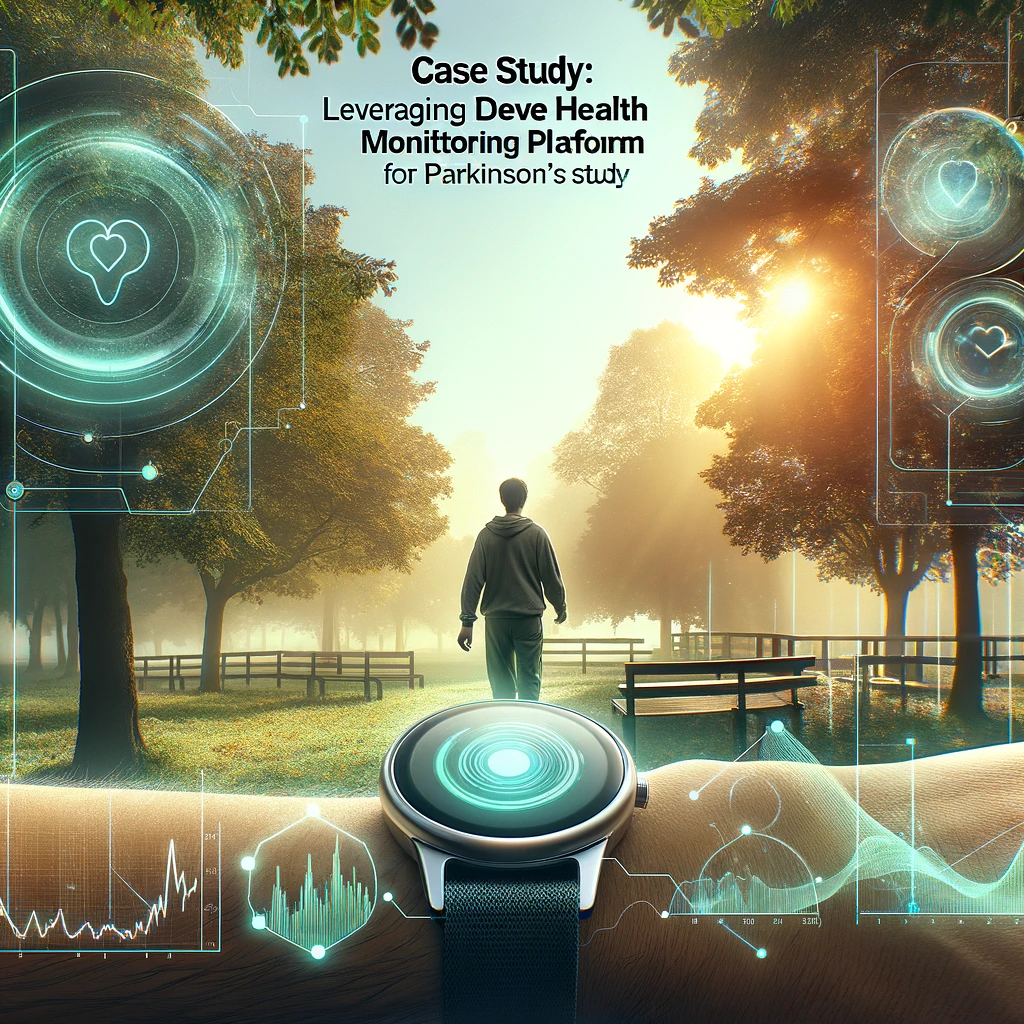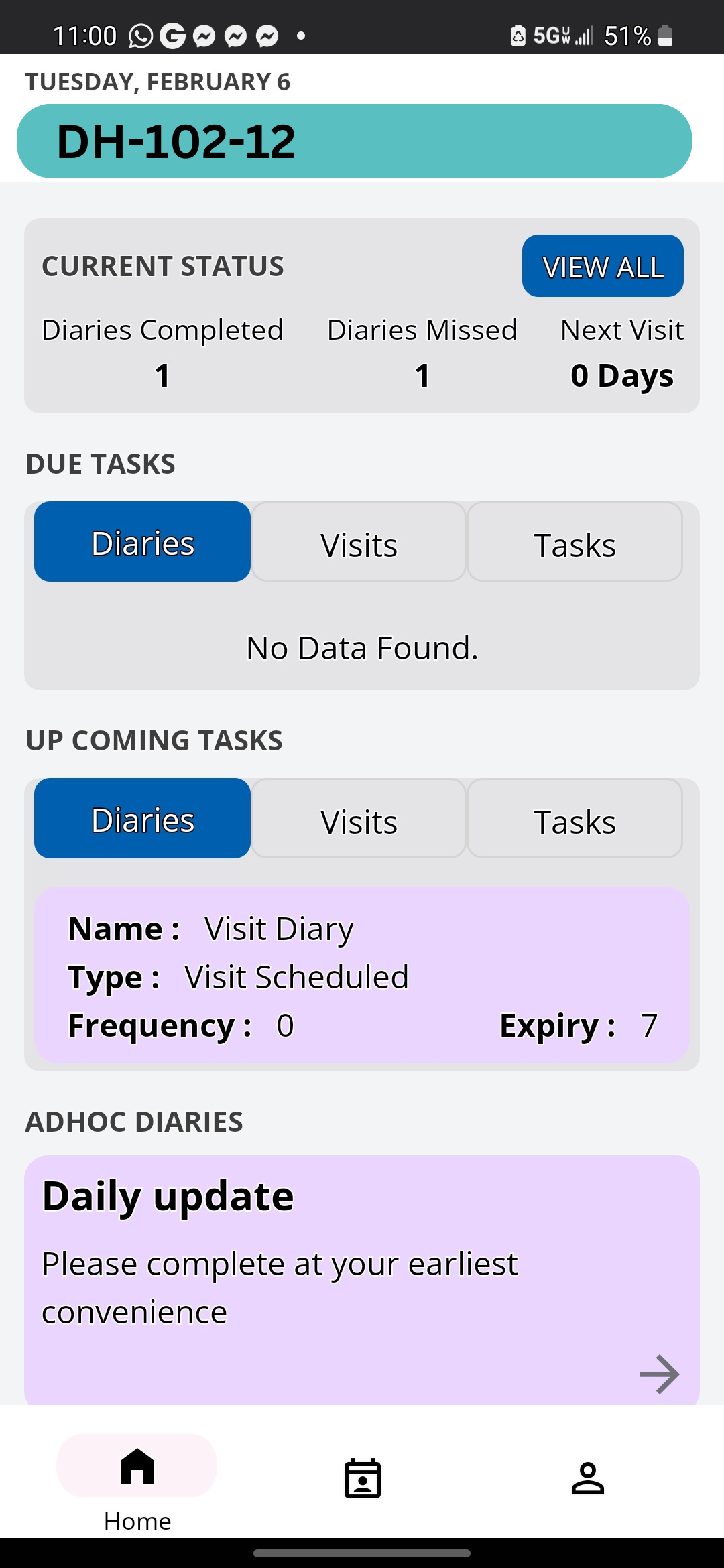A significant number of companies announced delays and cancellations to planned and on-going clinical trials because of COVID-19 lockdowns and social distancing measures. There was a peak of 1,265 trials paused or indefinitely delayed in June 2020—impacting nearly 1,000 companies. Disruptions included delayed initiation or complete withdrawal of planned trials, as well as suspended enrollment or cancellation of on-going trials. The number of disrupted trials has been falling slowly since June 2020, with most current disruptions due to other factors, such as slow enrollment.
A Sharp Increase in Virtual Clinical Trial Providers
Several start-ups have emerged in the virtual trials space, as well as many established companies pivoting to meet the current market’s climate and demand. Both types of companies offer a wide-range of services needed to implement a virtual/decentralized clinical trial or even a hybrid clinical trial model. These services including patient recruitment; eConsent; in-home health visits; virtual patient care (e.g., telehealth/telemedicine); ePRO/eCOA collection; remote patient monitoring; wearable device integration; remote data collection and analysis; local diagnostics, etc. Leaders in this field include Delve Health, which was founded in 2016—well before the COVID-19 pandemic shook-up the clinical research industry. Interest in Delve Health, and our competitors in the marketplace, has surged since March 2020. As of mid-June 2021, 18 collaborations and partnerships have already been formed this year—five (5) of them with us.
Evolution of CROs to VROs
Few clinical research organizations (CROs) offered a full-range of virtual clinical trial services to clients prior to the COVID-19 pandemic. While many companies are shifting to meet the current market’s demands, Delve Health was never reactionary—we were visionaries. We knew where our technology platform could take the clinical research industry all along. As pioneers of the virtual clinical research realm, and we have shown how we can use our platform to increase patient-centricity and therefore the patient’s overall satisfaction in participating in a clinical trial. We have strategically grown through mutually beneficial partnerships with home healthcare service networks, direct-to-patient pharmaceutical services, as well as continuing to improve our technologies—all to increase flexibility in order to increase patient compliance and retention.
Clinical Trial Challenges & Trends
Clinical study recruitment rates appear to be improving, but retention rates are still an issue, with a relatively high percentage of non-compliance, leading patients to drop out of studies before completion. Making clinical trials more patient-centric is key to improving retention rates and therefore, the overall patient experience. A patient-centric study should be designed and executed with participants’ needs at its core, ensuring that the patient voice is heard. Engaging patients in study protocol design has been shown to improve research quality, and patient outcomes—all of which can lead to improved enrollment, compliance, and retention.
In-Home Visits & Care
While not technically a “virtual” component, in-home nursing visits and care for clinical trial participants provides a “hybrid” element that is being recruited and utilized by more and more studies. This is particularly beneficial for patient populations that typically have a high-risk of dropping-out of studies. Though not without its risks and considerations around staff safety, in-home visits and care are, by all accounts, being leveraged in the COVID-19-impacted enterprise.
Direct-to-Patient Services
Direct shipping of investigational medicinal products (IMPs) to the patient is perhaps the aspect of decentralized clinical trials that has been in place the longest. Shipping may be direct from manufacturer, a specific pharmacy, or from the clinical trial site itself. Perhaps one of the most interesting virtual technologies recently making headlines is the “smart fridge” used to ensure that temperature-sensitive IMPs are delivered directly to the patient’s home, stored correctly, and with all potential temperature excursions monitored by tracking the opening and closing of the fridge door. The “smart fridge” is equipped with a touch screen that collected data daily, including when a patient removed their dose—again, showcasing how technology, when used properly, opens doors to the future of the field.
Our approach to the virtual clinical trial and hybrid trial models are both flexible and customizable to the needs of each, individual patient and specific trial design. For example, traditional on-site activities such as dosing, lab work, and follow-up can be conducted remotely via at home visits or through a hybrid model that combines both on-site and at-home care. In some cases, the investigational product (IP) may be shipped directly to the patient or brought to the patient by a traveling nurse. In other situations, nurses conduct at-home visits to dose patients; collect demographic information; measure vitals; and perform simple lab work—the flexibility afforded to patients leads to an increase in patient compliance and therefore patient retention—which is better for the study overall.
The Future of Clinical Trials is Here—Now
Clinical trials are going virtual rapidly, due to the on-going COVID-19 pandemic and Medi-Tech Insights says the market is now worth nearly $8 billion!
The virtual trials industry is growing at a rate of more than 10% annually, according to Medi-Tech’s data, a figure that reflects the growing number of CROs announcing new partnerships, acquisitions, and product offerings that help clients make clinical studies more accessible (Source: Fierce BioTech)—which also leads to recruiting a more diverse patient population.
Delve Health is a virtual clinical organization that offers solutions to connect trial participants, investigators, and research teams through our technology platform—Clinical StudyPal. Our customizable solutions can accelerate recruitment, while driving participant engagement and protocol adherence. Our technology solutions were specifically built for clinical trials, in order to reduce a patient’s burden, while also improving a patient’s overall experience.
One of the most important parts of clinical research is the patient’s ability to participate. By making research more human-centric and giving participants the ability to virtually access and actively engage in trials, we can lower the burden on participants, and increase diversity, engagement, and retention rates—leading to more cost-effective and more accurately representative outcomes overall.





































